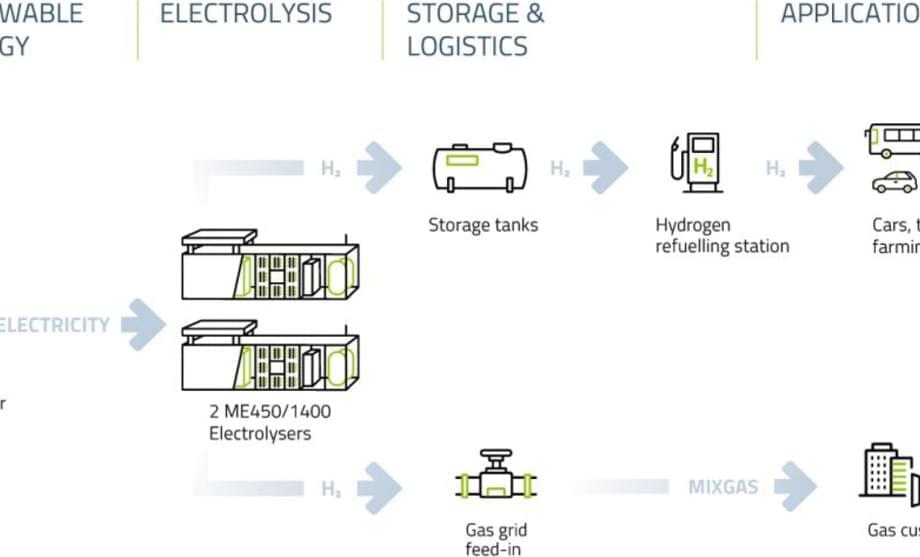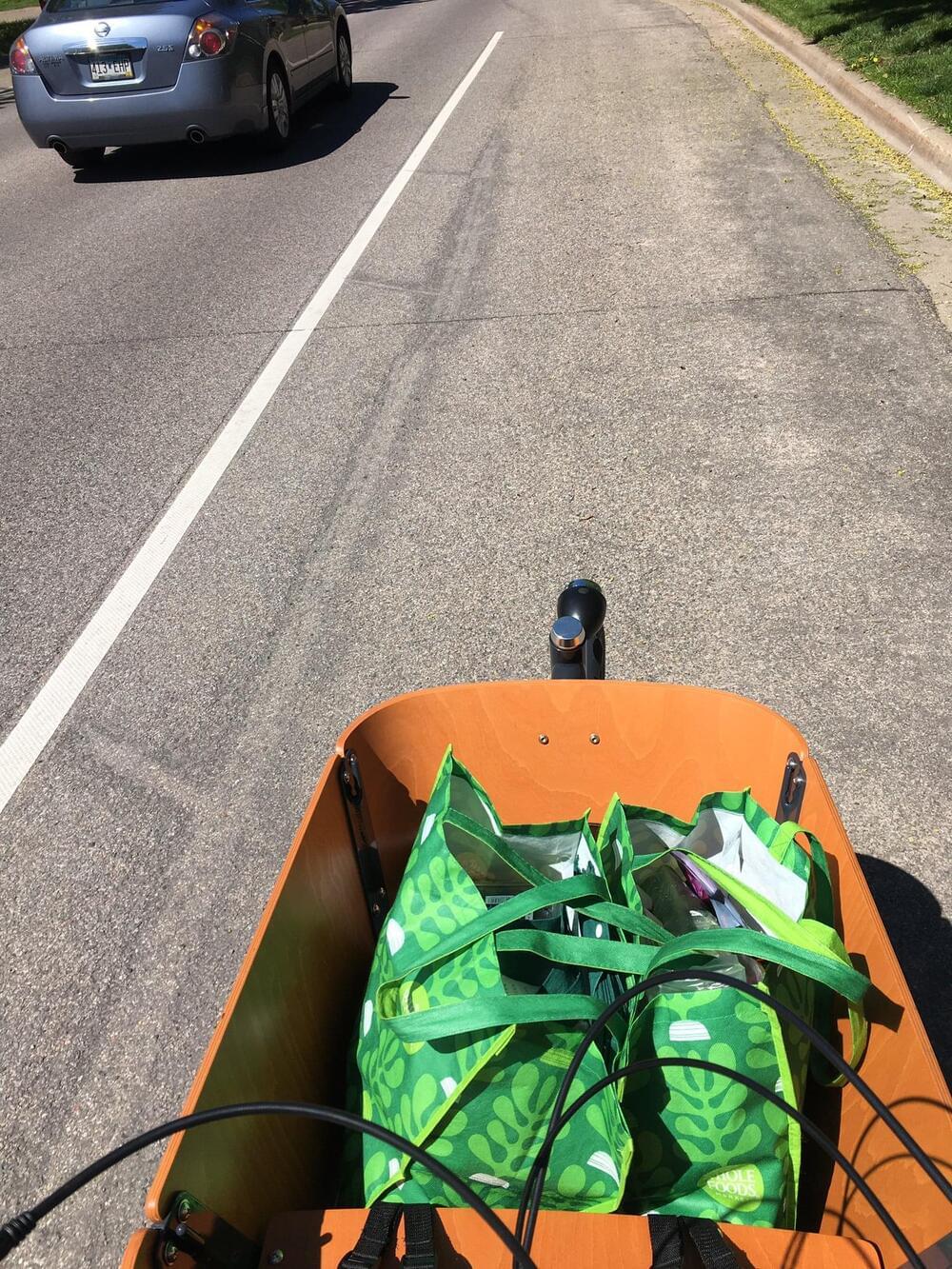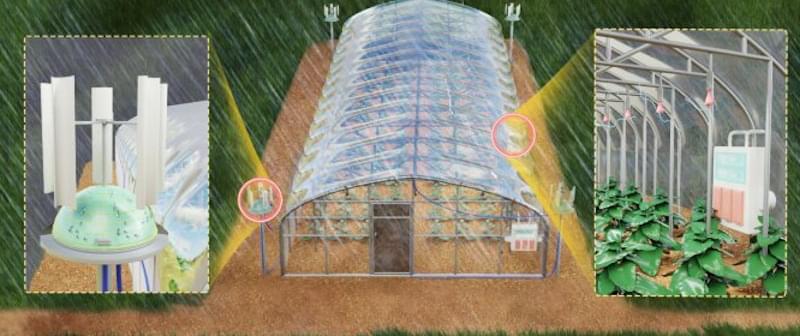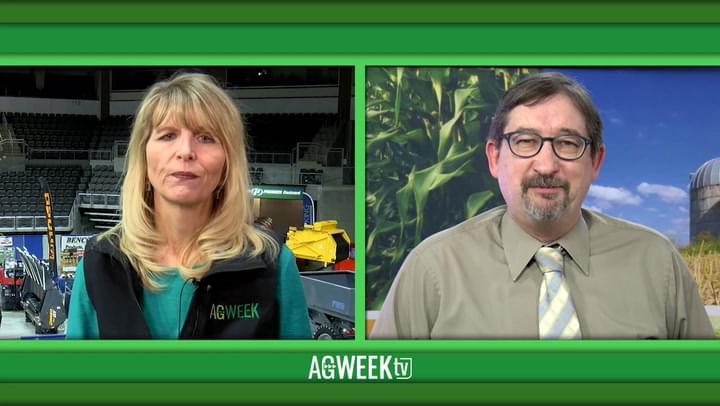
The innovative project Green H2-Hub Haren in the Emsland region in northern Germany uses H-Tec Systems electrolysers for sector integration.
The Green H2-Hub Haren project in Haren in Lower Saxony, northern Germany uses two electrolysers from H-Tec Systems. This was announced by project leader CEC Haren GmbH & Co. KG and electrolyser manufacturer H-Tec Systems. The order was placed with H-Tec Systems by the electricity and gas distribution network operator Westnetz. This research and development project is intended to enable the establishment of a decentralized hydrogen facility. At the site, green hydrogen will be produced from wind energy and stored in connection with specific regional applications, primarily for the mobility sector. The H2-Hub targets various hydrogen applications in rural areas – in particular in the field of agriculture – based on the production and use of sustainably generated hydrogen. In addition, the project is intended to significantly increase the city of Haren’s rate of self-sufficiently produced renewable energy. The goal is to implement a model that will also develop and prepare a comprehensive integration of other rural locations and regions in Lower Saxony into the H2 supply infrastructure.
The town of Haren aims to be completely self-sufficient with green energy. New storage systems as part of the H2 Hub enable a significant use of excess electricity from times of peak generation. The 16 wind turbines of the community wind farm Fehndorf-Lindloh are connected to a PEM electrolysis system, as well as an additional battery storage system in combination with a superordinate energy management system. In addition, a hydrogen filling station and a gas network feed-in point will be built. In this way, the project allows the transfer of surplus electricity to other sectors, such as heating or transport.
A key approach of sector integration in connection with renewable energies is to stabilize wind energy through PEM electrolysis with connected storage. The production of hydrogen will be realized with the help of two electrolysis systems from H-Tec Systems. This will enable new potential for the utilization of this energy in the form of power-to-gas or power-to-fuel.









